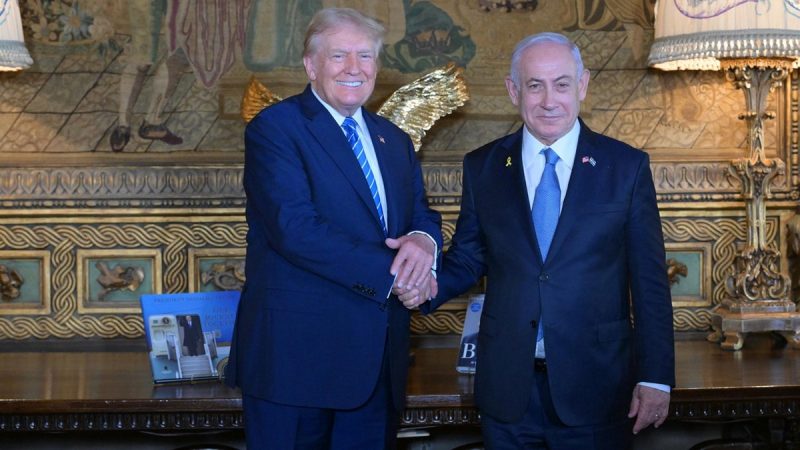In recent news, there has been a notable development regarding the International Criminal Court’s (ICC) pursuit of a warrant for the arrest of Israeli Prime Minister Benjamin Netanyahu. The United States, under the leadership of President Donald Trump, along with Congress, is considering imposing stringent sanctions on the ICC in response to this unprecedented move.
The escalation of tensions between the ICC and the US government stems from the ICC’s decision to investigate potential war crimes and human rights violations in Palestine, including allegations against Netanyahu and other officials. This move has drawn sharp criticism from the Trump administration and Israeli government, who view it as an infringement on Israeli sovereignty and an attempt to undermine their national security interests.
The proposed sanctions on the ICC by the US Congress are seen as a way to pressure the court to abandon its pursuit of Netanyahu and, by extension, mitigate any potential impact on US and Israeli interests. The sanctions could include restrictions on ICC officials’ travel to the US, freezing their assets, and potentially even prosecuting them under US law.
Critics of the US response argue that imposing such sanctions on an international judicial body sets a dangerous precedent and undermines the principle of accountability for human rights abuses. They contend that the ICC plays a vital role in holding individuals and states accountable for grave violations of international law, and any attempts to obstruct its work threaten the pursuit of justice and rule of law on a global scale.
On the other hand, supporters of the US government’s stance see it as a necessary measure to defend national sovereignty and protect allies from what they perceive as politically motivated investigations by the ICC. They argue that the court has overstepped its mandate and has become a tool for pursuing anti-Israel agendas, rather than upholding impartial justice.
The situation remains fluid, with both sides digging in their heels. The US government is signaling a willingness to take decisive action to shield its allies from what it views as unjust persecution, while the ICC and its supporters are standing firm in their commitment to upholding international law and ensuring accountability for crimes against humanity.
As the debate continues to unfold, it raises broader questions about the delicate balance between national sovereignty, international accountability, and the pursuit of justice. How this conflict is resolved will have far-reaching implications for the future of the ICC and its ability to fulfill its mandate in an increasingly complex geopolitical landscape.

